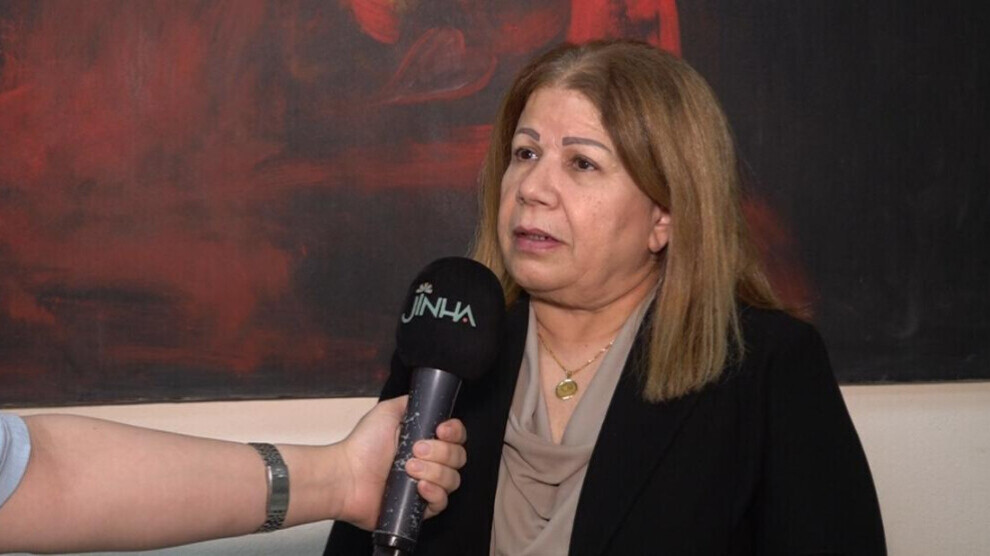Iraqi Women in Parliament: A Struggle for Rights and Representation.
Muneera Abu Bakr Mohammed, a researcher and political advisor, said female candidates in Iraq’s upcoming elections seek to enhance women’s representation, defend their rights, and resist legislation that threatens their long-fought achievements

Helen Ahmed
Sulaymaniyah - A total of 7,754 candidates are running in the upcoming Iraqi parliamentary elections, including 2,250 women from across the country. In the Kurdistan Region, 144 women have announced their candidacy.
Despite the existence of the quota system and the persistence of traditional views that weaken women’s political presence, female candidates are striving through their activism and outreach to win as many seats as possible in the sixth parliamentary term, scheduled to take place in four days.
Activists are urging voters to support female candidates to strengthen women’s rights, promote their issues in parliament, and enable women MPs to oppose legislation that undermines personal freedoms and hard-earned gains.
In this context, Muneera Abu Bakr Mohammed, a researcher and political advisor, explained that amending the Personal Status Law has been prioritized by agreement among political blocs, even though it poses a direct threat to women’s rights—particularly those facing violence and marginalization. She stressed that passing such an amendment in the Iraqi parliament would represent a setback to a century of women’s progress, which lawmakers should have opposed.
She pointed out that the proposed law would permit the marriage of girls as young as nine, exposing children to severe physical and psychological harm, depriving women of legal protection, and forcing many to seek safe shelters. Although women’s and children’s rights have been neglected in parliament, she emphasized that they can be restored by electing qualified female representatives.
With elections approaching, Muneera called for supporting female candidates in the sixth parliamentary term so they can play an active role in revising the Personal Status Law No. 188 of 1959, which no longer suits contemporary realities. She highlighted that such reform is essential to prevent the displacement of women and ensure their right to live freely and safely in their homeland among their children.
She urged women and all voters to vote for candidates experienced in women’s issues, so they can defend women’s rights in parliament and advocate for legal reforms that guarantee justice and dignity for women in Iraq and the Kurdistan Region.
Muneera also noted that many women are still coerced into voting under family pressure, stressing the importance of women choosing their candidates freely and voting according to their own convictions. She encouraged women to run independently and select lists that reflect their aspirations, ensuring the election of capable women who will advocate for women’s rights in parliament.
She concluded by emphasizing that women’s participation in election campaigns is essential. When they work as teams to encourage citizens to vote, supporting female candidates strengthens women’s representation in parliament, enhances political and intellectual awareness, and promotes justice and equality.
In closing, Muneera Abu Bakr Mohammed called on MPs to work diligently to protect women’s rights and meet their needs in health, society, and economic independence. “Women need effective support,” she said. “Therefore, candidates—both men and women-must be competent and committed, striving through community engagement to secure women’s rights and enable them to live with dignity and safety in their homeland
